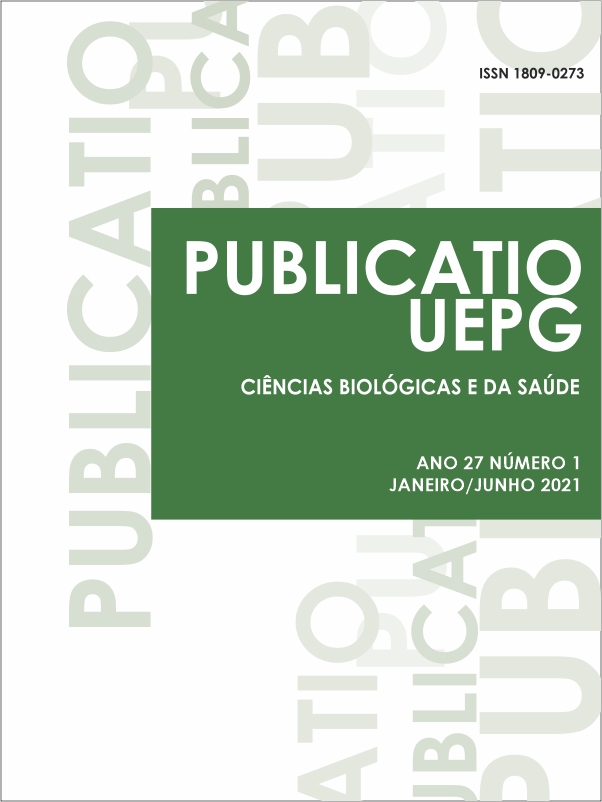MENTAL HEALTH CARE MODEL DEPICTED IN ONE FLEW OVER THE CHUKOO’S NEST, BY MILOS FORMAN, AND PSYCHIATRIC REFORM IN BRAZIL
Abstract
One of the most classic films that depicts “madness” is One Flew over the Cuckoo’s Nest, from 1975, directed by Milos Forman. The story centers on the character McMurphy, who pretends to be insane to avoid the job he would be forced to do in the rural prison, where he was serving sentence. Taken in a psychiatric hospital, McMurphy tries to escape when he discovers that he must stay there for a long time. As a punishment, McMurphy is going to be lobotomized. This work aimed to discuss the aspects related to schizophrenia and deinstitutionalization, based on elements presented in the One Flew over the Cuckoo’s Nest. Although the film takes place at 1960s North American scenario, this work uses the context of the mental health system presented in the film as the panorama that triggered the psychiatric reform movement around the world, including in Brazil. The methodology consisted in the analysis of the film, to identify the elements related to the theme, supporting a discussion about overcoming the model centered in the psychiatric hospital. The film describes the institutionalization and application of therapeutic methods with a punitive purpose, such as electroconvulsive therapy and lobotomy. It is concluded that the situations depicted in the context of the movie’s psychiatric hospital are, to a large extent, universal and reflect many of the conditions found in Brazilian psychiatric hospitals, before the psychiatric reform, implemented since 2001, which sought to overcome the old mental health system, which favored hospitalization, social isolation and repressive and punitive methods, such as the intense use of antipsychotics and electroconvulsive therapy.
Keywords: Motion Pictures; Psychopharmacology; Mental Health; Schizophrenia; Deinstitutionalization.
Downloads
Downloads
Published
Issue
Section
License

Este obra está licenciado com uma Licença Creative Commons Atribuição 4.0 Internacional.
Esta licença permite que outros distribuam, remixem, adaptem e criem a partir do seu trabalho, mesmo para fins comerciais, desde que lhe atribuam o devido crédito pela criação original. Este posicionamento está de acordo com as recomendações de acesso aberto da Budapest Open Access Initiative (BOAI).


